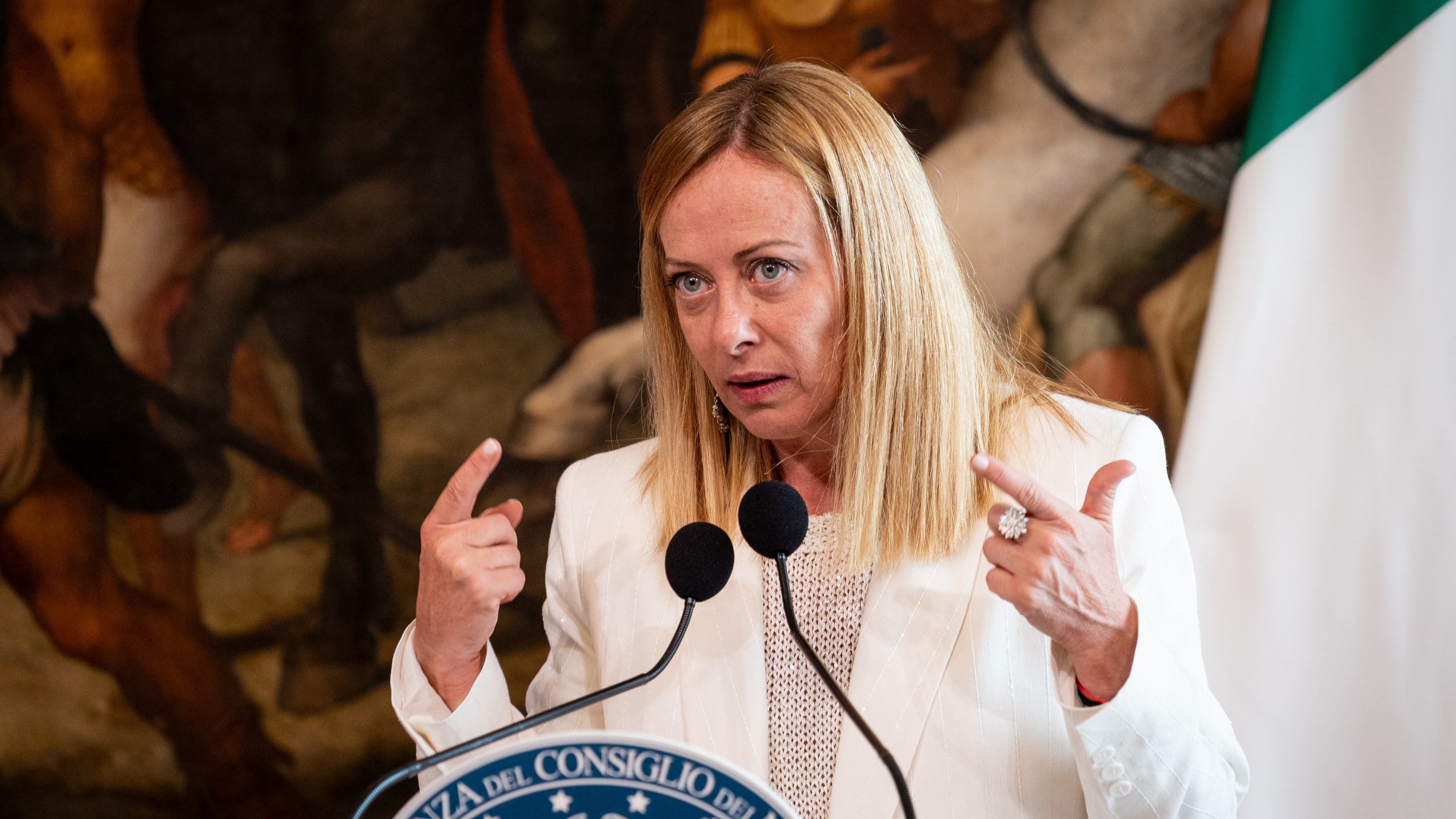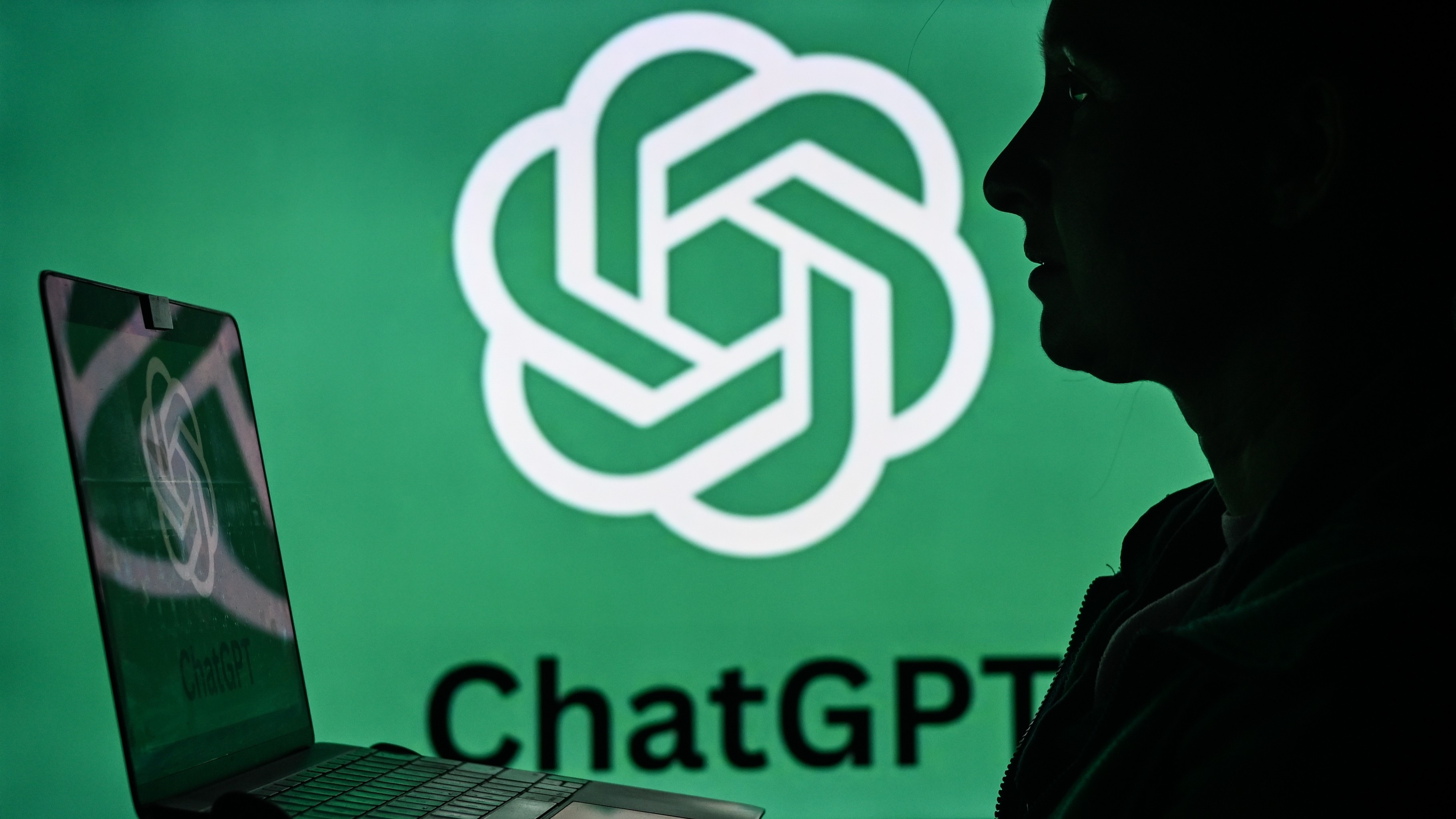Italy enacts bold AI laws: heavy penalties for deepfakes and new workplace protections

All the latest news, reviews, and guides for Windows and Xbox diehards.
You are now subscribed
Your newsletter sign-up was successful
In a groundbreaking move, Italian Prime Minister Giorgia Meloni's government has enacted stringent AI regulations, making Italy the first EU nation to impose prison sentences for malicious AI use, marking a decisive shift in global digital governance.
AI continues to grow in scope, power, and popularity, and it was only a matter of time before governments began introducing legislation to attempt to keep it in check and to protect users.
As reported by The Guardian, Italy just became the first country in the European Union to approve new laws regulating AI. And they're more than a slap on the wrist.
Italian Prime Minister Giorgia Meloni's government seeks to impose prison terms on those who use AI in a harmful manner. Unlawful creation or dissemination of deepfakes that cause harm will be punishable by up to five years in prison, while using AI for crimes like fraud and identity theft will see harsher penalties.
Workplaces now fall under the new legislation, and stricter oversight and transparency rules for the use of AI will come into play. There will also be more rules and oversight for AI used in civil sectors like healthcare, education, sport, and justice.
Perhaps the most restrictive new legislation has to do with children's access to AI. In Italy, anyone under the age of 14 will now require parental consent before interacting with AI.
This fresh AI legislation out of Italy aligns with the EU's 2023 AI Act, which was the first law of its kind worldwide, aiming to protect the public from the inherent risks that come with the use of AI.
All the latest news, reviews, and guides for Windows and Xbox diehards.
Meloni's government says that with this legislation, it hopes to create "human-centric, transparent, and safe AI use" while simultaneously emphasizing "innovation, cybersecurity, and privacy protections."
Some of that innovation will undoubtedly come from the €1 billion venture capital fund the state has set aside to invest in companies using AI, including telecoms, cybersecurity firms, and quantum tech.
And as for copyright, Italy's new law protects work that is created with the help of AI, just as long as that work was originally created using traditional human brainpower.
Using AI to mine data and text will now only be allowed for non-copyrighted content; institutions authorized to perform scientific research will evidently get a pass.
Although the copyright regulations will likely be difficult to enforce, it's a step in the right direction for creators who have, for years, been calling out AI firms for their unabashed scraping of human-created content.
The Agency for Digital Italy and the National Cybersecurity Agency have been tapped to enforce Italy's new AI legislation.
Is it due time for AI to be better regulated?
AI has taken over the digital world since its rise in 2023, and it's only getting more influential. While it's certainly a boon for many people, the pendulum also swings heavily in the opposite direction.
ChatGPT CEO Sam Altman stated in 2024, amid ongoing court battles over allegations of intellectual property theft, that it's impossible to create AI like ChatGPT without using copyrighted material.
Remember the Studio Ghibli meme craze from earlier this year? It was fun while it lasted, but it was a prime example of AI stealing copyrighted work for its own purposes.
Elsewhere, a 2025 report from Feedzai, an AI financial crime prevention firm, found that "more than 50% of fraud involves the use of artificial intelligence." Adding to that number, about 44% of fraudsters use AI deepfakes in their schemes.
Another high-profile case involves 16-year-old Adam Raine, who tragically took his own life in April. A lawsuit filed against ChatGPT creator OpenAI by Raine's family alleges that the teen committed suicide after "months of encouragement from ChatGPT."
While Italy's new parental consent rule for children under 14 wouldn't necessarily have prevented Raine's untimely death, it will hopefully prevent other susceptible youths from falling prey.
Italy is the first EU country to pass this type of AI legislation, but I wouldn't be surprised to see more governments in the union use the example to create their own legislation.

Follow Windows Central on Google News to keep our latest news, insights, and features at the top of your feeds!

Cale Hunt brings to Windows Central more than nine years of experience writing about laptops, PCs, accessories, games, and beyond. If it runs Windows or in some way complements the hardware, there’s a good chance he knows about it, has written about it, or is already busy testing it.
You must confirm your public display name before commenting
Please logout and then login again, you will then be prompted to enter your display name.

